What are the main safety concerns when getting dental care in Turkey?
"Yes, dental treatment in Turkey is generally considered safe, especially when patients choose accredited clinics that adhere to international health and safety standards."

Is it safe to get dental treatment in Turkey? This is a crucial question for many considering traveling for dental work. The short answer is yes, dental treatment in Turkey can be very safe, provided you do thorough research and choose a reputable, accredited clinic. Turkey has become a major hub for dental tourism, attracting patients globally with its combination of highly skilled dentists, advanced technology, and significantly lower costs compared to many Western countries. However, like any medical procedure abroad, it's essential to be well-informed. This post will delve into the safety aspects, quality of care, what to look for in a clinic, and address common concerns, helping you make an educated decision about your dental health journey to Turkey. We aim to provide you with comprehensive answers to all the important questions you might have.
Is Dental Treatment in Turkey Generally Considered Safe?
Many people travel to Turkey each year for various dental procedures, from cosmetic dentistry to complex surgeries, and report positive experiences. The Turkish Ministry of Health regulates dental clinics, and many top-tier facilities voluntarily seek international accreditations like ISO 9001 or Joint Commission International (JCI) to demonstrate their commitment to quality and patient safety. These accreditations mean the clinics meet rigorous standards for hygiene, equipment, staff qualifications, and patient care protocols.
However, the safety and success of your dental treatment in Turkey heavily depend on the clinic and dental professionals you choose. It's crucial to avoid facilities that may offer exceptionally low prices without transparently showcasing their credentials, hygiene practices, or patient reviews. Prioritizing thorough research over just cost can significantly enhance the safety and outcome of your treatment.
What Makes Dental Treatment in Turkey Appealing to International Patients?
"The primary appeals of dental treatment in Turkey for international patients are the significant cost savings, access to high-quality dental care with modern technology, and the opportunity to combine treatment with tourism."
Turkey offers dental procedures at prices that can be 50-70% lower than in countries like the UK, USA, or other parts of Western Europe. This affordability doesn't necessarily mean a compromise on quality. Many Turkish dental clinics are equipped with state-of-the-art technology, including CAD/CAM systems for same-day restorations, 3D imaging, and laser dentistry. Dentists in Turkey often have extensive training, with many gaining experience or qualifications internationally.
Beyond the dental care itself, the allure of Turkey as a vibrant tourist destination is a significant draw. Patients can recover from their procedures while enjoying the country's rich history, culture, and beautiful landscapes. Many clinics also offer comprehensive packages that include accommodation, airport transfers, and translation services, making the entire experience more convenient and less stressful for international visitors seeking affordable dental work.
How Qualified Are Dentists in Turkey?
"Dentists in Turkey are generally well-qualified, having completed rigorous 5-year dental education programs, and many pursue further specializations and international training."
To practice dentistry in Turkey, individuals must graduate from a university's faculty of dentistry, which typically involves a five-year comprehensive program. This education includes both theoretical knowledge and extensive practical training. After obtaining their general dentistry degree, many dentists choose to specialize in fields such as orthodontics, prosthodontics, periodontics, oral surgery, or cosmetic dentistry, which requires additional years of study and training.
Furthermore, numerous Turkish dentists are members of national and international dental associations. They often attend global conferences and workshops to stay updated with the latest advancements in dental techniques and technologies. It's common to find dentists in reputable clinics who have pursued postgraduate studies or certifications in Europe or the United States, and many are fluent in English or other languages to cater to international patients seeking dental treatment in Turkey.
What are the Standards of Dental Clinics in Turkey?
"Reputable dental clinics in Turkey adhere to high standards, often meeting or exceeding those found in Western Europe and North America, with many holding international accreditations and being subject to Ministry of Health inspections."
The Turkish Ministry of Health sets specific standards for dental practices, covering aspects like hygiene, sterilization, equipment maintenance, and emergency preparedness. Clinics are typically inspected regularly to ensure compliance. Beyond these national standards, many clinics catering to dental tourism voluntarily pursue accreditations from international bodies like the Joint Commission International (JCI), Temos International Healthcare Accreditation, or ISO certifications. These accreditations signal a clinic's commitment to global best practices in patient safety and quality of care.
Top clinics in Turkey invest in modern infrastructure and cutting-edge dental technology, such as 3D/CBCT scanners, digital intraoral scanners, CAD/CAM milling machines for in-house crown and veneer production, and advanced sterilization equipment. They also prioritize the use of high-quality, internationally recognized brands for dental materials and implants.
Are There Risks Involved in Getting Dental Work Done in Turkey?
"Yes, like any medical procedure, there are risks involved in getting dental work done in Turkey, which can include infection, treatment failure, or dissatisfaction with results, particularly if a non-reputable clinic is chosen."
While many patients have successful outcomes, potential risks can arise. These may include infections if sterilization protocols are not strictly followed, or complications from improperly administered anesthesia. Specific to dental treatments, risks can involve nerve damage, poorly fitting crowns or veneers, implant failure, or an aesthetic outcome that doesn't meet expectations. The "Turkey teeth" phenomenon, often referring to overly aggressive tooth preparation for crowns, highlights a risk associated with some clinics prioritizing speed or a certain aesthetic over long-term dental health.
To mitigate these risks, it is paramount to choose a clinic with a strong reputation, experienced dentists, and transparent communication about the procedures and potential complications. Thoroughly researching the clinic, reading patient reviews, and having a detailed consultation before committing to treatment can help minimize potential negative experiences with dental treatment in Turkey.
How Can I Find a Safe and Reputable Dental Clinic in Turkey?
"To find a safe and reputable dental clinic in Turkey, research extensively by checking accreditations, reading verified patient reviews, examining dentist qualifications, and looking at before-and-after photos."
Start by looking for clinics that are accredited by the Turkish Ministry of Health and, ideally, by international organizations such as JCI or ISO. These certifications indicate adherence to high standards of quality and safety. Read online reviews from multiple sources (e.g., Google, Trustpilot, dedicated medical tourism forums) to get a sense of other patients' experiences. Pay attention to comments about cleanliness, communication, the skill of the dentists, and aftercare.
Verify the qualifications and experience of the dentists who would be performing your dental treatment in Turkey. Reputable clinics will be transparent about their team's credentials. Look for before-and-after photos of actual patients, and consider requesting a virtual consultation to discuss your needs and ask questions directly. Ensure the clinic provides a clear, itemized treatment plan and quotation.
What Questions Should I Ask Before Committing to Dental Treatment in Turkey?
"Before committing to dental treatment in Turkey, ask about the dentist's qualifications and experience with your specific procedure, the types of materials used, sterilization protocols, warranty or guarantee policies, and detailed cost breakdowns."
Having a list of questions ready for your consultation is crucial. Key questions include:
- Dentist's Credentials: What are the qualifications and specializations of the dentist who will treat me? How many years of experience do they have with this specific procedure?
- Treatment Plan: Can I have a detailed written treatment plan, including the timeline and all steps involved?
- Materials: What brands and types of materials will be used for my implants, crowns, veneers, etc.? Are they internationally recognized and approved (e.g., CE or FDA marked)?
- Sterilization and Hygiene: What are your clinic’s sterilization and hygiene protocols?
- Cost and Payment: What is the total cost, and what does it include? Are there any potential additional costs? What are the payment options?
- Warranty/Guarantee: Do you offer any warranty or guarantee on the dental work? What does it cover and for how long?
- Aftercare: What kind of aftercare support is provided, especially once I return to my home country?
- Language: Will there be staff available who speak my language fluently?
- Emergency Procedures: What happens if there is a complication during or after the treatment?
Clear and satisfactory answers to these questions can significantly boost your confidence in choosing a clinic for your dental treatment in Turkey.
How Does the Cost of Dental Treatment in Turkey Compare to Other Countries?
"The cost of dental treatment in Turkey is significantly lower, often 50-70% less, than in countries like the UK, USA, Canada, and other Western European nations, without necessarily compromising on quality at reputable clinics."
This cost difference is a major driver for dental tourism in Turkey. For example:
- A single dental implant in the US might cost $3,000-$5,000, while in Turkey, it could range from $500-$1,200.
- Porcelain veneers can cost $1,000-$2,500 per tooth in the US or UK, but in Turkey, prices might be $200-$500 per tooth.
- A full smile makeover or full mouth restoration can offer even more substantial savings.
The lower costs are generally due to factors like a lower cost of living, lower operational expenses for clinics (rent, utilities, staff salaries), and favorable currency exchange rates, rather than inferior materials or a lack of expertise, especially in well-regarded clinics. However, it's important to ensure that a very low price isn't indicative of cutting corners on material quality, technology, or sterilization.
What Types of Dental Treatments Are Popular in Turkey?
"Popular dental treatments in Turkey include cosmetic procedures like dental veneers ('Turkey teeth'), teeth whitening, and smile makeovers, as well as restorative treatments such as dental implants, crowns, bridges, and full mouth reconstructions."
Patients travel to Turkey for a wide array of dental services. Cosmetic dentistry is particularly sought after, with procedures like:
- Porcelain Veneers and Laminate Veneers: To improve the appearance of teeth.
- Dental Crowns (Zirconium or E-max): For both aesthetic enhancement and restoring damaged teeth.
- Teeth Whitening: Professional whitening for a brighter smile.
- Smile Makeovers: A combination of treatments to achieve a desired aesthetic.
Restorative and surgical procedures are also common:
- Dental Implants: Including single implants, All-on-4, All-on-6 systems for full arch restoration.
- Root Canal Treatment: To save infected teeth.
- Extractions: Including wisdom tooth removal.
- Orthodontics: Including braces and clear aligners, though these may require longer stays or multiple visits.
The availability of advanced technology and specialized dentists makes Turkey a viable option for complex dental work as well as simpler cosmetic enhancements.
What About "Turkey Teeth" and Aggressive Crown Preparations?
"'Turkey teeth' is a term often used to describe a very white, uniform smile achieved with crowns or veneers, sometimes involving aggressive tooth preparation, which can be a concern if not ethically performed."
The term "Turkey teeth" has gained popularity, partly through social media, referring to the aesthetic of perfectly shaped, often intensely white, dental restorations like crowns or veneers obtained in Turkey. While many are happy with their results, concerns have been raised about instances where healthy tooth structure is excessively shaved down, particularly for crowns when veneers might have been a more conservative option. This aggressive preparation can lead to future complications like tooth sensitivity, nerve damage, or the need for root canals.
It's crucial to have a thorough discussion with your dentist about the necessity of such preparations and explore all alternatives. A reputable dentist will prioritize the long-term health of your teeth and recommend the least invasive procedures to achieve your desired outcome. Ensure you understand exactly how much tooth reduction is planned for your dental treatment in Turkey.
What Happens if I Have a Problem After Returning Home?
"If you have a problem after returning home from dental treatment in Turkey, the follow-up process can be more complex. Reputable clinics often offer guarantees and may assist with finding a local dentist or require you to return for corrections."
This is a critical aspect to clarify before undergoing treatment. Some top Turkish clinics provide guarantees or warranties on their work (e.g., for implants or crowns). In case of a problem, they might offer to correct the issue free of charge, though this would typically require you to travel back to Turkey. Some clinics may have partnerships with dentists in other countries for minor follow-up care, but this is less common.
Before traveling, discuss the clinic's policy on complications and aftercare. Understand what their guarantee covers, for how long, and what the process is if you experience issues. It’s also wise to inform your local dentist about your plans to get dental treatment abroad, as they may or may not be willing to provide follow-up care for work done elsewhere.
How Important is Communication with the Turkish Dental Clinic?
"Clear and consistent communication with the Turkish dental clinic is extremely important for a safe and satisfactory dental treatment experience, from the initial consultation to post-treatment care."
Effective communication ensures that you fully understand your treatment plan, the procedures involved, potential risks, costs, and aftercare instructions. Misunderstandings due to language barriers or insufficient information can lead to dissatisfaction or complications. Reputable clinics catering to international patients usually have multilingual staff, including patient coordinators and dentists who speak English or other major languages.
Ensure you can ask all your questions and receive clear, understandable answers. Request all important information, such as treatment plans and cost estimates, in writing. A clinic that prioritizes good communication is generally a sign of professionalism and patient-centered care, which is vital for your dental health journey.
What Are the Hygiene and Sterilization Standards Like?
"Reputable dental clinics in Turkey generally adhere to strict hygiene and sterilization standards, often following international protocols to prevent cross-infection."
Top clinics understand the importance of impeccable hygiene. They typically use autoclaves for sterilizing dental instruments, disposable materials where appropriate, and follow rigorous disinfection protocols for treatment rooms and surfaces between patients. These practices are in line with standards expected in Western countries. Clinics with international accreditations (like JCI or ISO) are particularly stringent about these measures.
During your research or initial consultation (even a virtual one), don't hesitate to ask about their sterilization methods. You can also observe the general cleanliness of the clinic upon arrival. A commitment to high hygiene standards is fundamental for safe dental treatment in Turkey.
Can I Combine My Dental Treatment with a Holiday?
"Yes, many patients successfully combine their dental treatment in Turkey with a holiday, as dental procedures often allow for recovery time that can be spent exploring the country."
This is one of the attractive aspects of dental tourism in Turkey. Depending on the intensity of your dental work, you may have several days before, between, or after appointments to enjoy sightseeing. Major cities like Istanbul, Antalya, and Izmir, which are popular dental tourism destinations, offer a wealth of historical sites, cultural experiences, and beautiful coastal areas.
However, it's important to be realistic. Immediately after more invasive procedures like surgical extractions or multiple implant placements, you'll need rest and may experience some discomfort or swelling. Plan strenuous activities for before your main procedures or towards the end of your recovery period. Always follow your dentist’s advice regarding activity levels and diet post-treatment.
What Should I Pack for Dental Treatment in Turkey?
"For dental treatment in Turkey, pack comfortable clothing, any regular medications, your dental records, pain relief medication advised by your dentist, a soft toothbrush, and items for a soft diet if needed post-procedure."
Beyond your usual travel essentials, consider these items:
- Medical Records: Relevant dental history, X-rays (if you have recent ones), and a list of any allergies or medications you take.
- Comfortable Clothing: Loose-fitting tops are good, especially if you have any facial swelling.
- Medications: Your prescribed medications, plus any over-the-counter pain relievers your dentist might recommend (though the clinic will likely provide some).
- Oral Hygiene: A soft-bristled toothbrush and any specific mouthwash recommended by the clinic.
- Post-Procedure Comfort: Ice packs (though the clinic may provide these), and perhaps some soft food items or protein shakes if you anticipate difficulty chewing.
- Entertainment: Books, tablets, etc., for your recovery downtime.
- Travel Adapter: For your electronic devices.
Being well-prepared can make your trip for dental treatment in Turkey smoother and more comfortable.
How Long Does Dental Treatment Usually Take in Turkey?
"The duration of dental treatment in Turkey varies widely depending on the procedure; simple treatments like whitening may take a day or two, while veneers or crowns might require 5-7 days, and implants often need two separate visits months apart."
Here’s a general idea:
- Teeth Whitening: Can often be done in a single session, or over 1-2 days.
- Dental Fillings/Simple Restorations: Usually 1-2 days.
- Crowns/Veneers: Typically requires 5-10 days. This allows for tooth preparation, impressions, lab work (creation of the crowns/veneers), and final fitting. Some clinics with in-house CAD/CAM technology might offer faster turnarounds.
- Root Canal Treatment: May take 1-2 appointments over a few days.
- Dental Implants: This is a multi-stage process. The first visit involves implant placement and usually requires a stay of 3-7 days. After a healing period of 3-6 months (osseointegration), a second visit of 5-7 days is needed for placing the abutments and final crowns.
Discuss the specific timeline for your dental treatment in Turkey with the clinic beforehand to plan your travel accordingly.
Ready to explore your options for safe and affordable dental treatment? Explore PlacidWay for solutions related to medical tourism and connections to reputable healthcare services in Turkey and beyond.


.png)




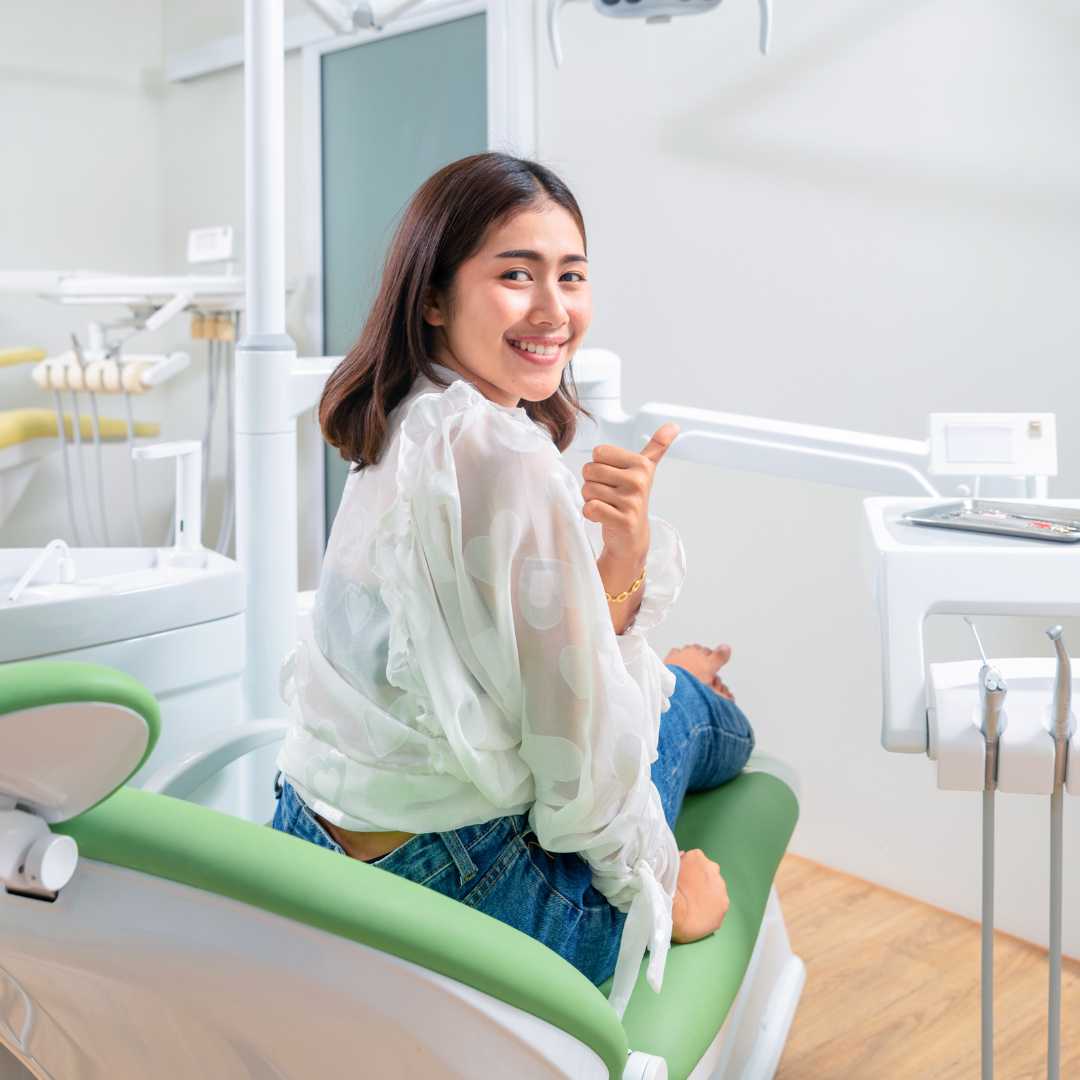
.png)
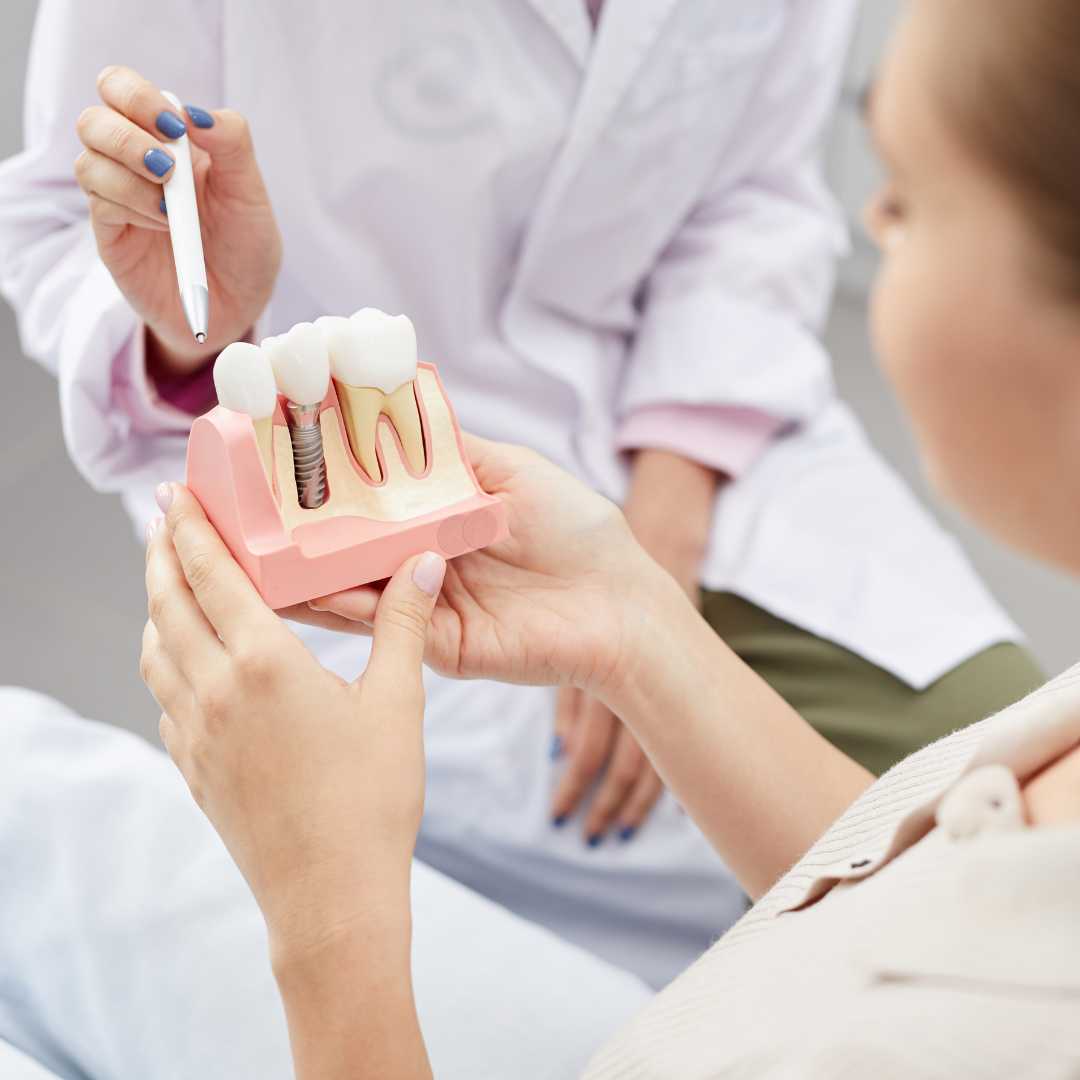
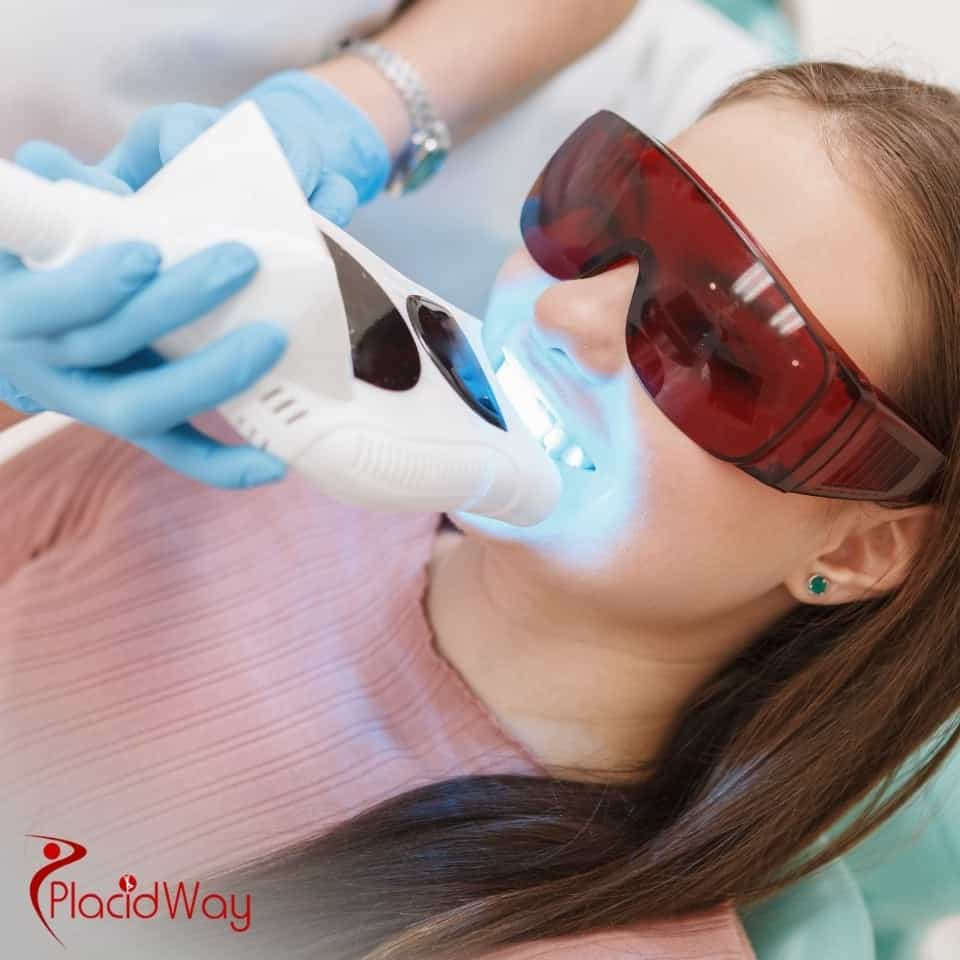

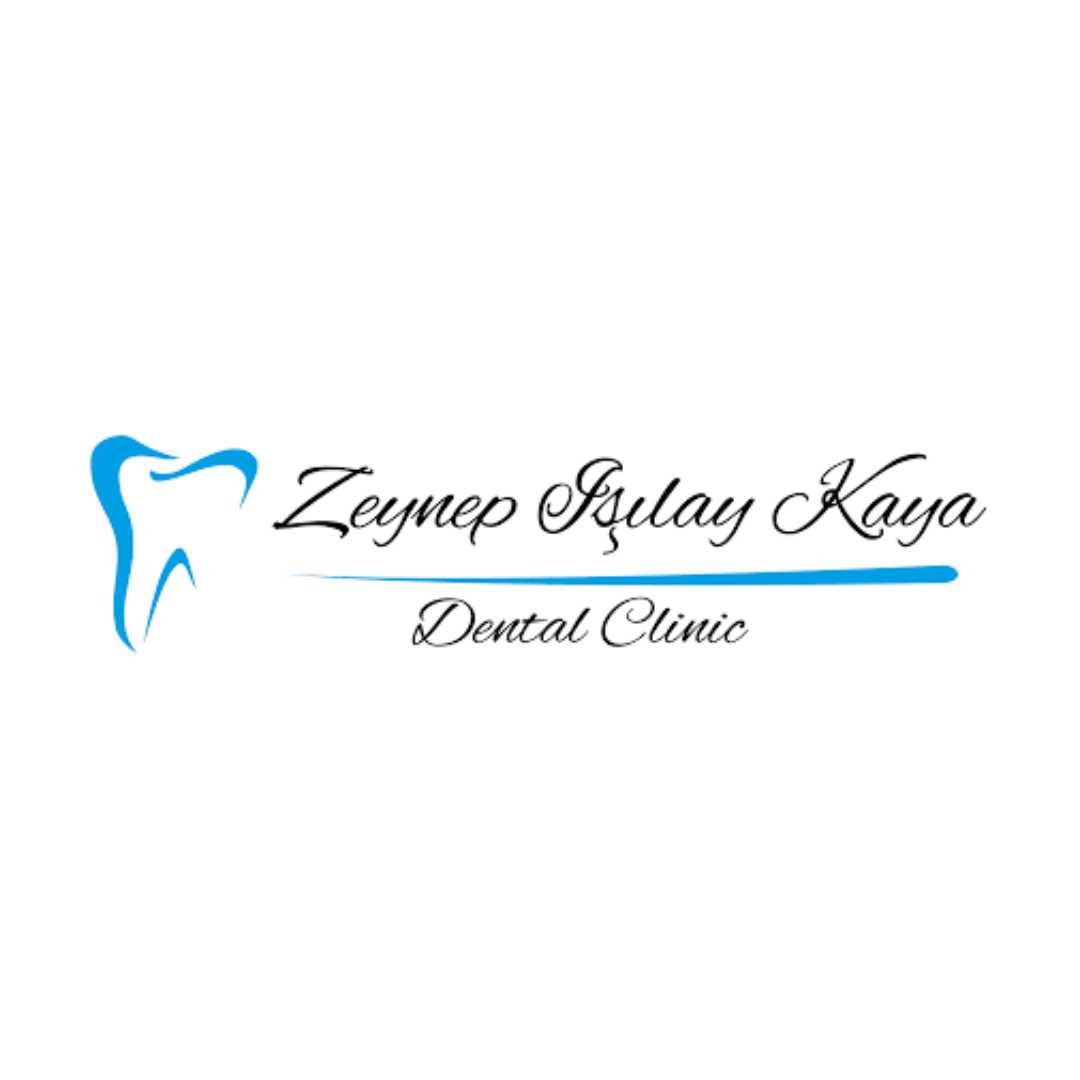
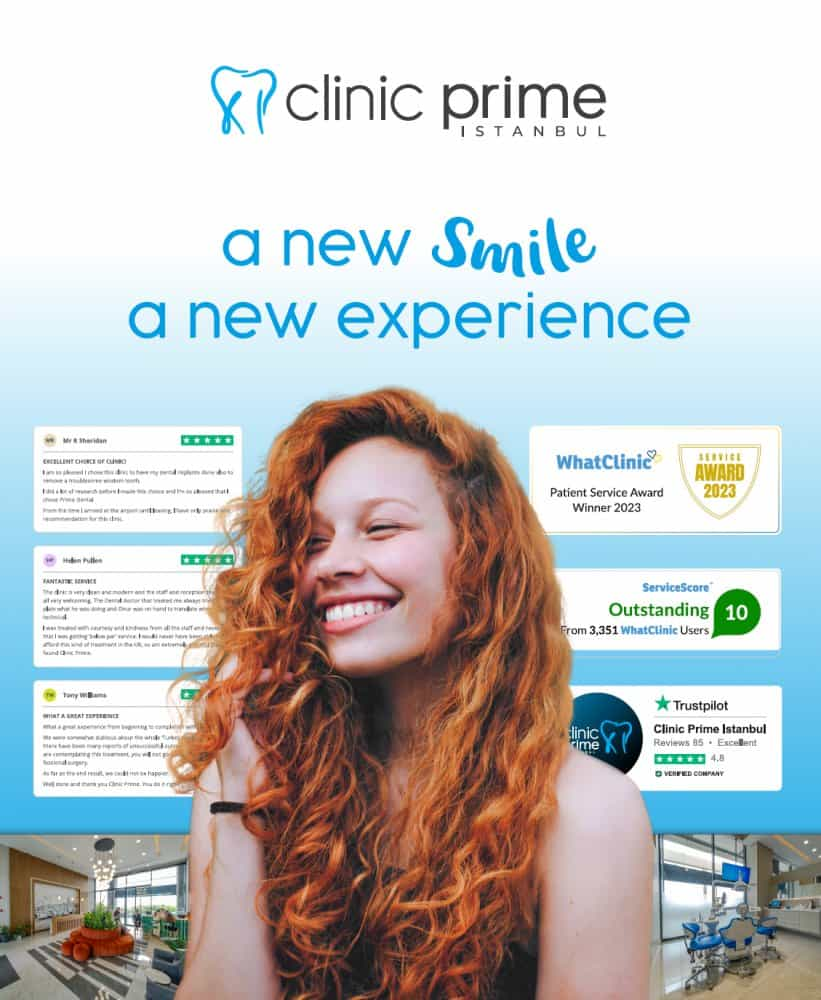

.png)

Share this listing